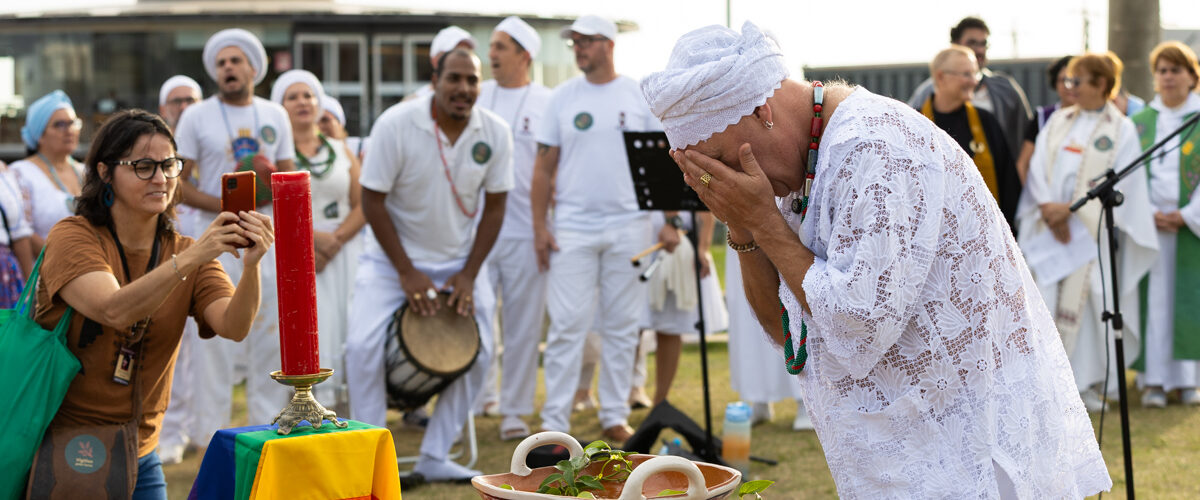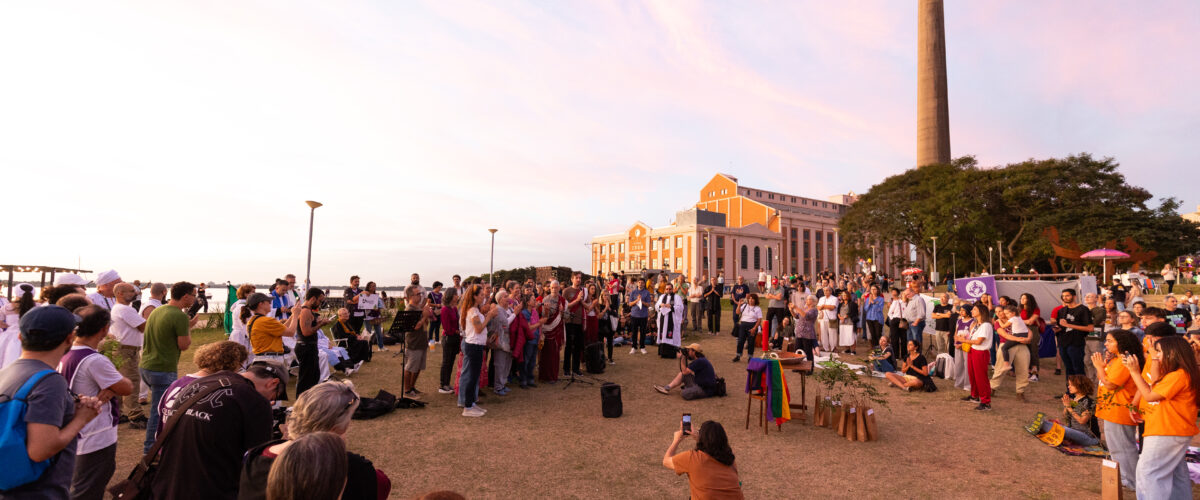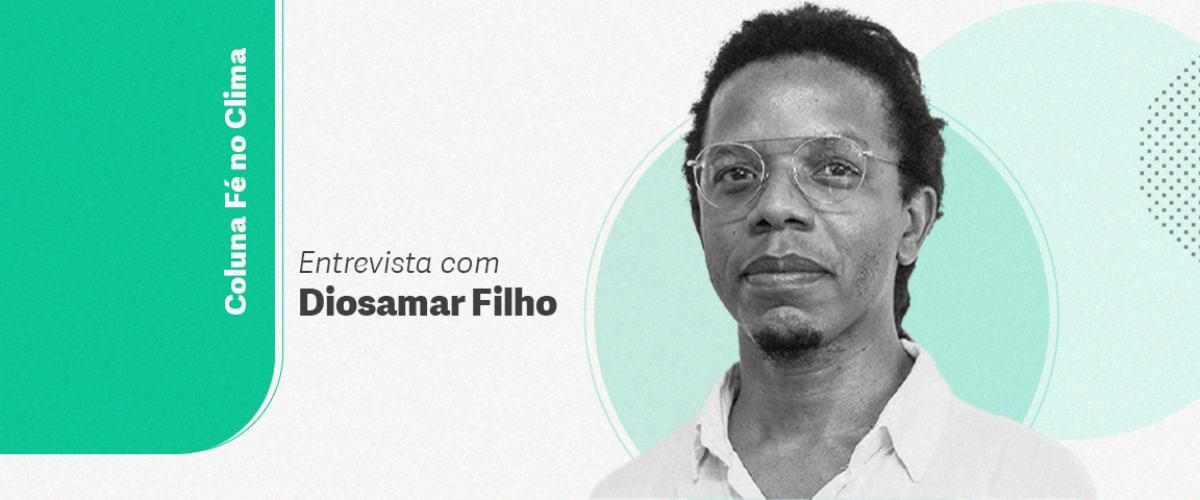
Vigils for the Earth
In May 2025, the Institute of Studies on Religion (ISER) launched the ‘Vigils for the Earth’ movement towards COP 30. The mobilization will bring together various religious leaders, representatives of indigenous peoples and traditional communities, social movements, activists, and faith communities in different regions of Brazil throughout the year for inter-religious celebrations in defense of the Earth.
The primary goal of the Vigils movement is to promote dialogue and collaboration among different religious groups to strengthen their actions in addressing the climate crisis. This journey will culminate during COP 30 in Belém with a vigil involving multiple spiritual and social traditions, which will take place as part of the Ecumenical and Inter-religious Tapiri COP 30.
The movement began with a symbolic act at the Acampamento Terra Livre (ATL), the largest Indigenous mobilization in Brazil, held in Brasília in April. At this event, religious leaders affirmed the importance of guaranteeing Indigenous rights and stated that religions should play a role in standing up for the respect of these rights.
The first Vigil for the Earth was held in May in Porto Alegre, a city in the South Region of Brazil, which suffered immense damage last year due to floods that impacted many areas throughout the State of Rio Grande do Sul. The next Vigils will take place in the following cities: Rio de Janeiro, Manaus, Natal, and Recife.
Historical Background of the “Vigils for the Earth”
Thirty-three years ago, on June 4, 1992, ISER and the Movimento Inter-religioso (MIR – Interfaith Movement) brought together more than 30,000 people from different faith traditions to promote the Interfaith Vigil ‘A New Day for Earth’ in defense of the environment. The gathering took place in Rio de Janeiro while the city was hosting the United Nations Conference on Environment and Development (Rio-92). Now, in 2025, Brazil is once again taking on a major mission: hosting COP 30, the United Nations Conference on Climate Change.
In a context of intensified climate change effects, it is essential to promote actions, debates, and partnerships in favor of socio-environmental justice. More than 30 years have passed, but ISER remains inspired by the hope for a more just, collaborative, and sustainable society, where the climate agenda is prioritized, including by religious communities. In the year of COP 30 in Brazil, there is an added urgency to broaden awareness of the climate crisis and engage as many people as possible in the fight for socio-environmental justice. Inter-religious dialogue in the affirmation of rights is, for us, a fundamental part of this challenge.








